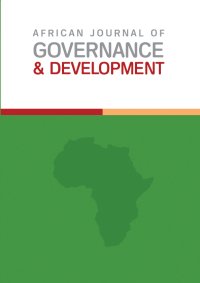Rethinking deification, gerontocracy and clientelism in the Nigerian political space
Main Article Content
Abstract
Up until now, blanket respect, loyalty and veneration have been given to ancestors, living elders and godfathers in all cultures in Nigeria and their celebration in politics has become worrisome. These practices derive from deification, gerontocracy and clientelism. Most of the existing works in African anthropological studies written by cultural apologists have romanticised these socioreligious practices and found them sacrilegious but only a few connect them to democratic milieu of the 20th and 21st centuries. Thus, more than historicising and romanticising these socio-religious beliefs, this paper employs critical discourse analysis to confirm, legitimate, reproduce and challenge their power relation with the Nigerian people. This paper argues that dogmatic acceptance of the unquestionable powers of these phenomena negatively impact on societal well-being. The paper consequently submits that only a few of these past celebrated personalities should be recognised and respected and that only the living and the dead who are not self-serving and whose interests as well as conduct are not diametrically opposed to societal good, deserve veneration. It is suggested that we must free ourselves from avoidable hegemonic control of seen and unseen powers.
Article Details

This work is licensed under a Creative Commons Attribution-NonCommercial-NoDerivatives 4.0 International License.
